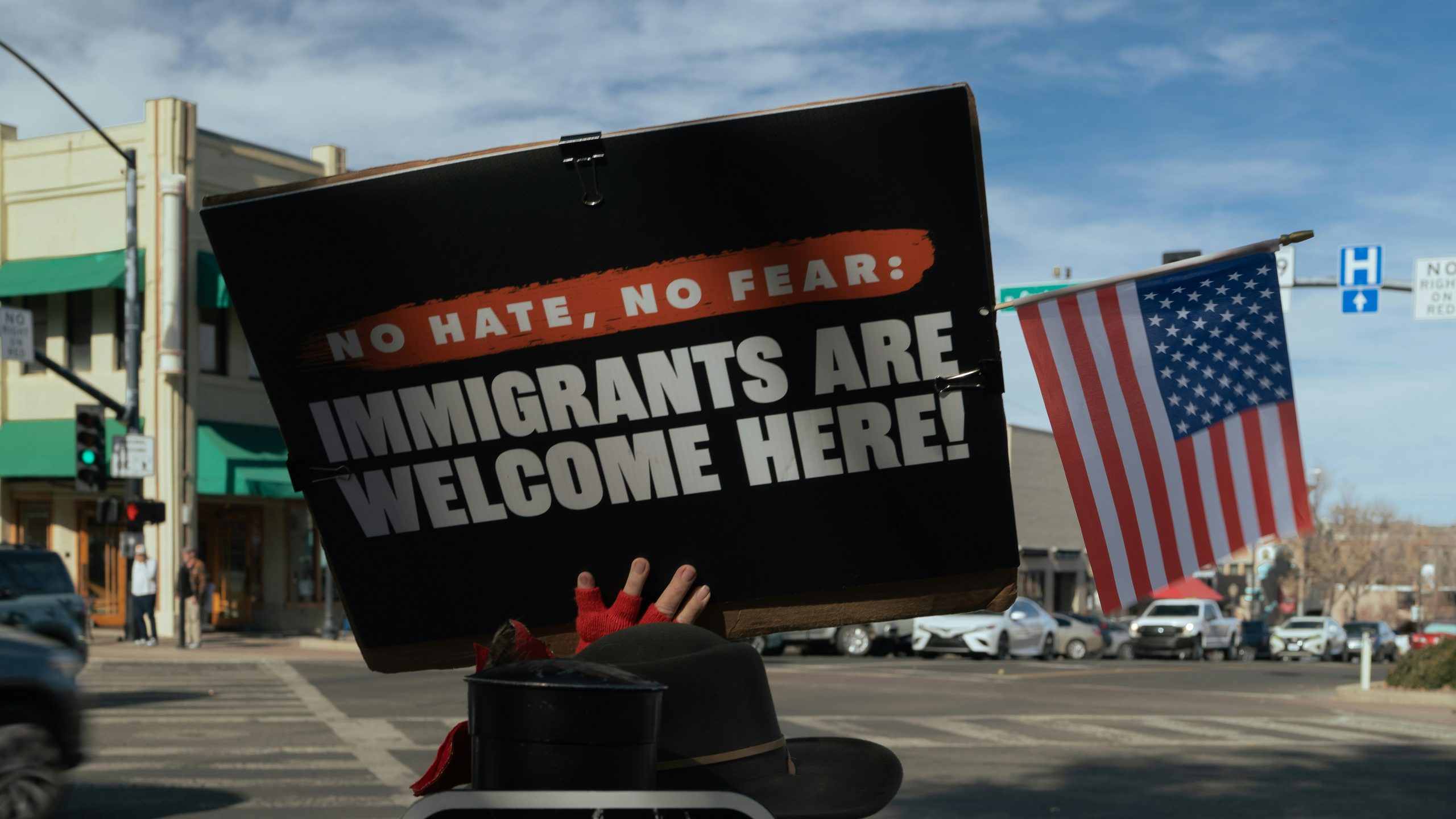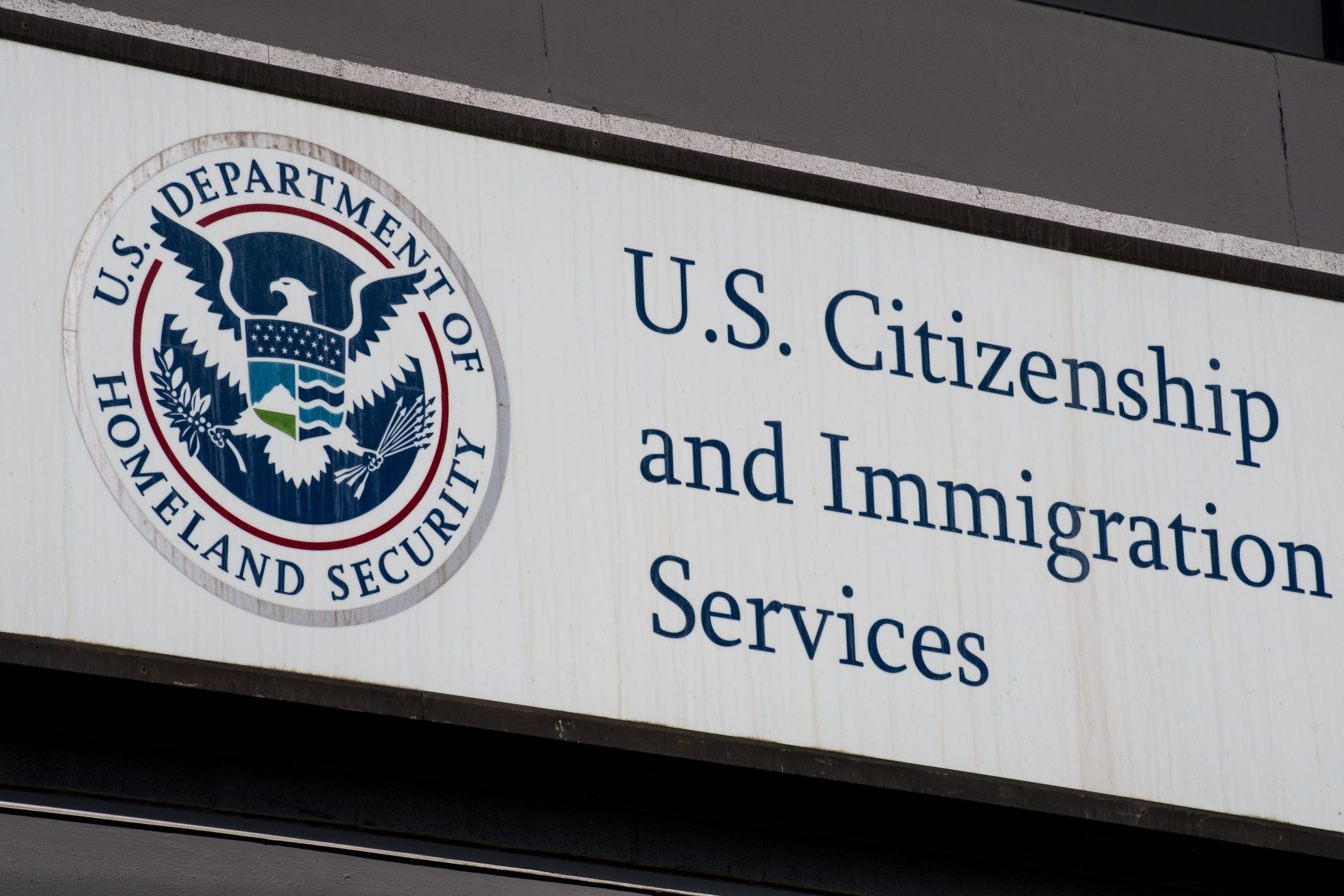Investors Call for Paid Sick Leave Policy at Norfolk Southern and Union Pacific Railways
Shareholders say the lack of a paid sick leave benefit endangers workers’ and public health and creates systemic risks for both the transportation sector and the broader economy.
NEW YORK, NY, MONDAY, DECEMBER 5th, 2022 – Shareholders announced they have filed proposals at both Norfolk Southern Corporation ($NSC) and Union Pacific Corporation ($UNP) requesting that they adopt an employer-paid sick leave (PSL) policy as a standard, perennial benefit.
The proposals are part of a broader initiative on the part of investors and other stakeholders to press U.S. companies on a range of worker justice concerns including PSL, worker health and safety, freedom of association, and a living wage. Investors say employers focused on these basic worker rights and benefits will experience improved employee retention and reduced operational disruptions due to strikes or work stoppages. Beyond mitigating risks at individual companies, investors view these worker protections as a critical bulwark against broader and more systemic economic risks.
Said Marvin Owens of Impact Shares which filed the proposal at Norfolk Southern Corp., “We believe paid sick leave (PSL) to be essential to protecting and maintaining one of a company’s – and the economy’s – most important assets: workers. PSL should not be seen by companies as an expense, but as a prudent investment – an insurance policy that will promote a strong workforce and, by extension, a healthy economy.”
America’s freight railroads, which slashed 30% of their workforce over the past six years and now face significant worker retention issues, have brought our country to the brink of a national rail strike by refusing to provide paid sick leave and address other working conditions during three years of contract negotiations. The White House and Congress have intervened in an effort to avoid a rail strike which, given current weaknesses in the U.S. economy, could cost the country as much as $2 billion per day.
“When you consider how essential these workers are to the U.S. economy and its supply chain – helping move nearly 40% of the country’s freight including critical commodities – asking carriers to provide basic protections seems a more than reasonable request,” said Kate Monahan of Trillium Asset Management, which filed the proposal at Union Pacific Corp.
Under the Railroad Unemployment Insurance Act, railroad employees are only entitled to sickness benefits after seven days of illness. Railroad employees and their unions say these benefits are inadequate.
“Railway workers face an impossible choice when they are sick: to stay home and risk their jobs, or go to work and risk their health and the public’s health,” continued Monahan. “Meanwhile, railway companies have reportedly paid out $196B in stock buybacks and dividends to shareholders since 2010. Focusing on the short term at the expense of workers poses potential risks to the company and the economy. As shareholders, we are asking management to reprioritize and take the longer-term view that safeguarding the health and safety of their workers will better position them for the future.”
About the Interfaith Center on Corporate Responsibility (ICCR)
Celebrating its 51st year, ICCR is the pioneer coalition of shareholder advocates who view the management of their investments as a catalyst for social change. Its 300-member organizations comprise faith communities, socially responsible asset managers, unions, pensions, NGOs, and other socially responsible investors with combined assets of over $4 trillion. ICCR members engage hundreds of corporations annually in an effort to foster greater corporate accountability. Visit our website www.iccr.org and follow us on Twitter, LinkedIn, and Facebook.
CONTACT:
Susana McDermott
Director of Communications
Interfaith Center on Corporate Responsibility (ICCR)
201-417-9060 (mobile)










